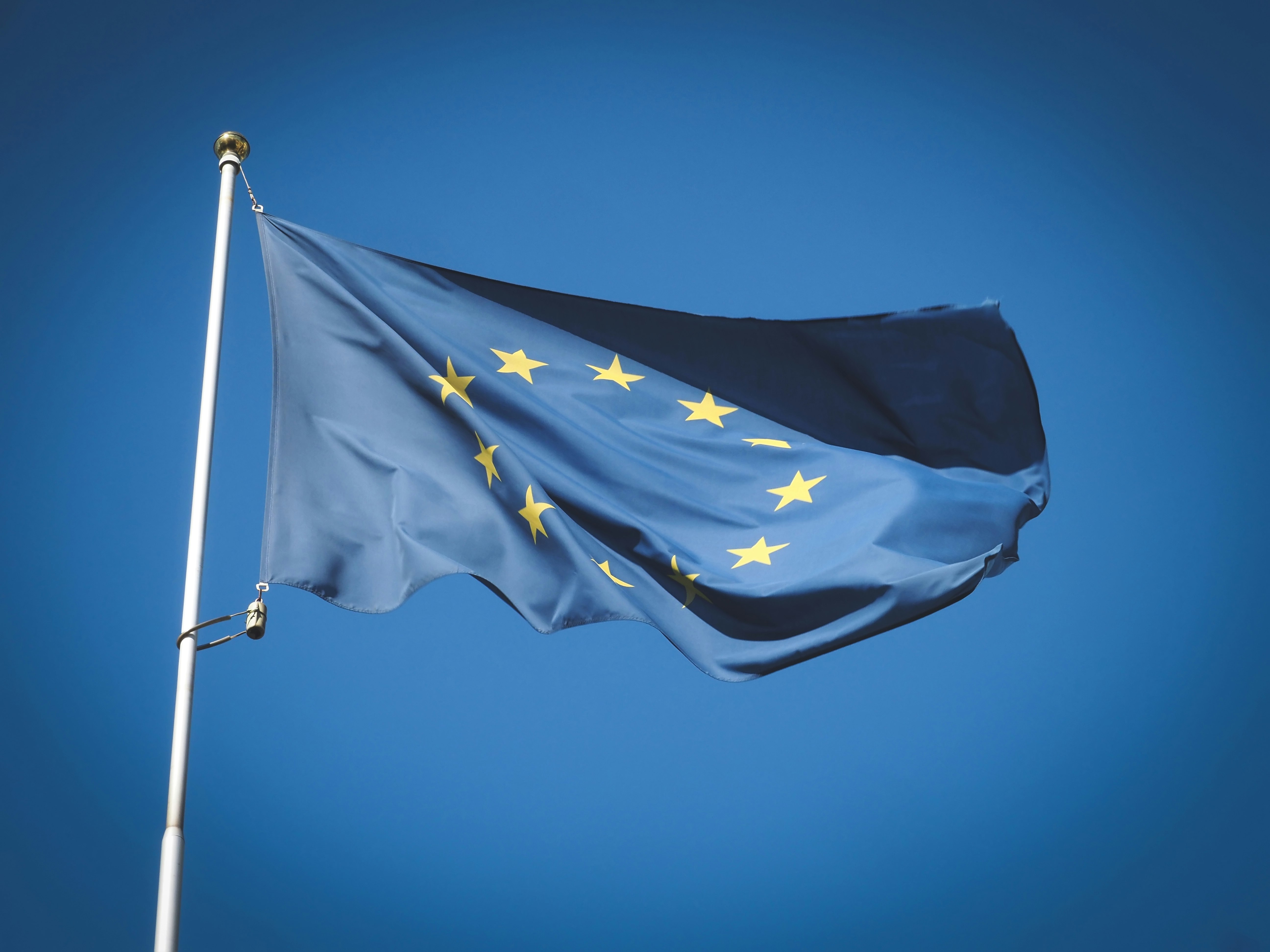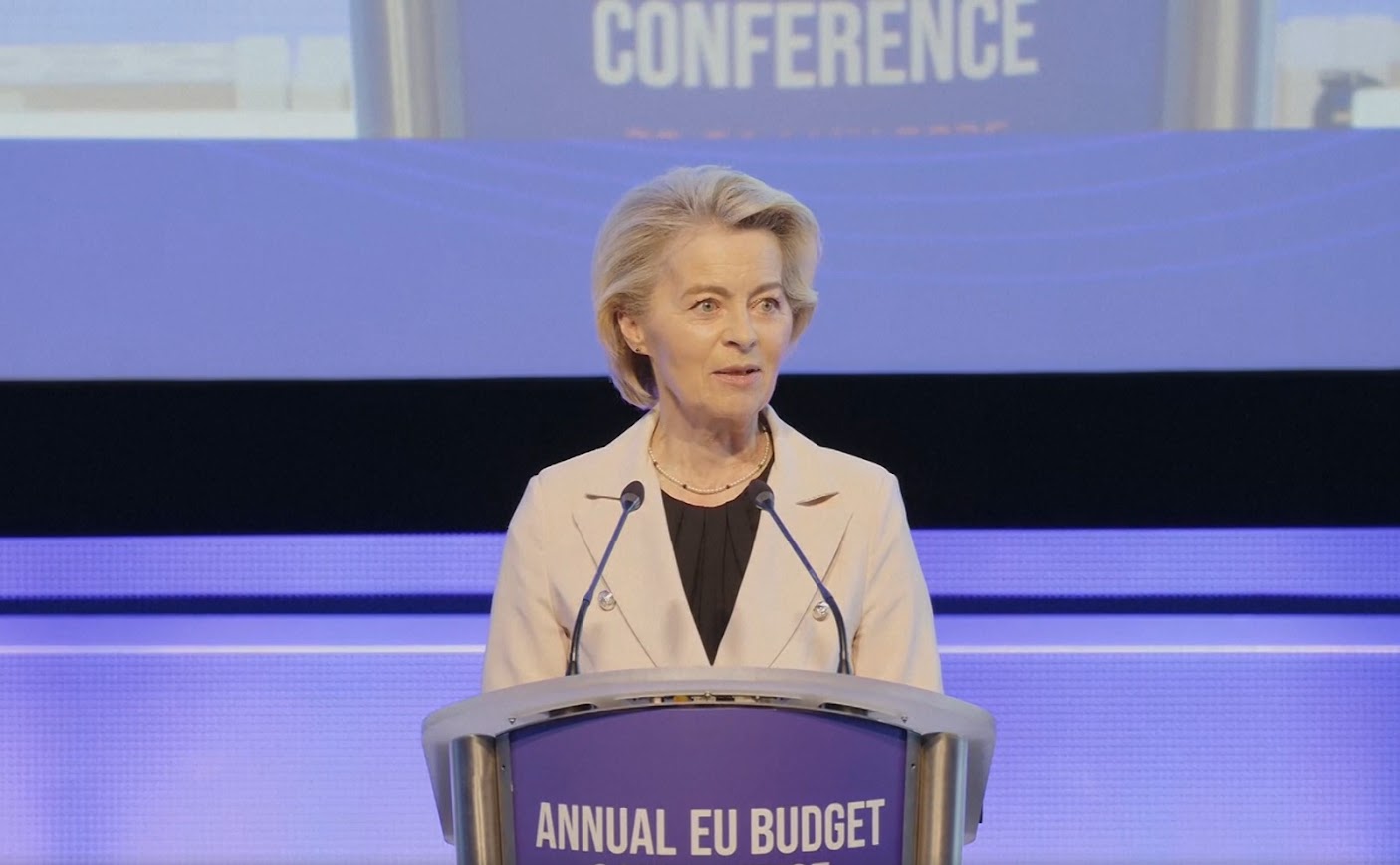Al via le domande per il credito d’imposta ZLS 2025
 Si aprono oggi i termini per richiedere il credito d'imposta Zone logistiche semplificate (ZLS) 2025 che, anche quest’anno, potrà contare su un budget di 80 milioni di euro.
Si aprono oggi i termini per richiedere il credito d'imposta Zone logistiche semplificate (ZLS) 2025 che, anche quest’anno, potrà contare su un budget di 80 milioni di euro.
DL Coesione, 80 milioni al Tax credit Zone Logistiche Semplificate









